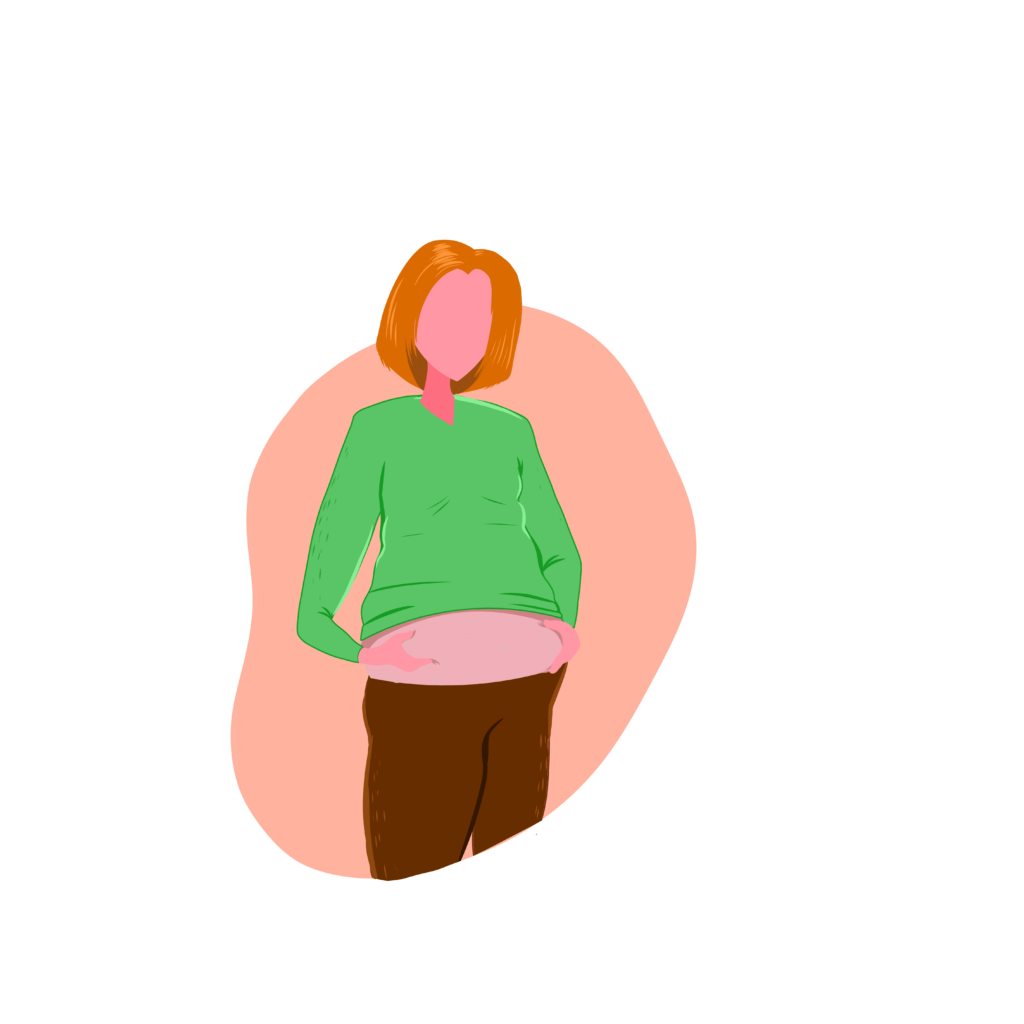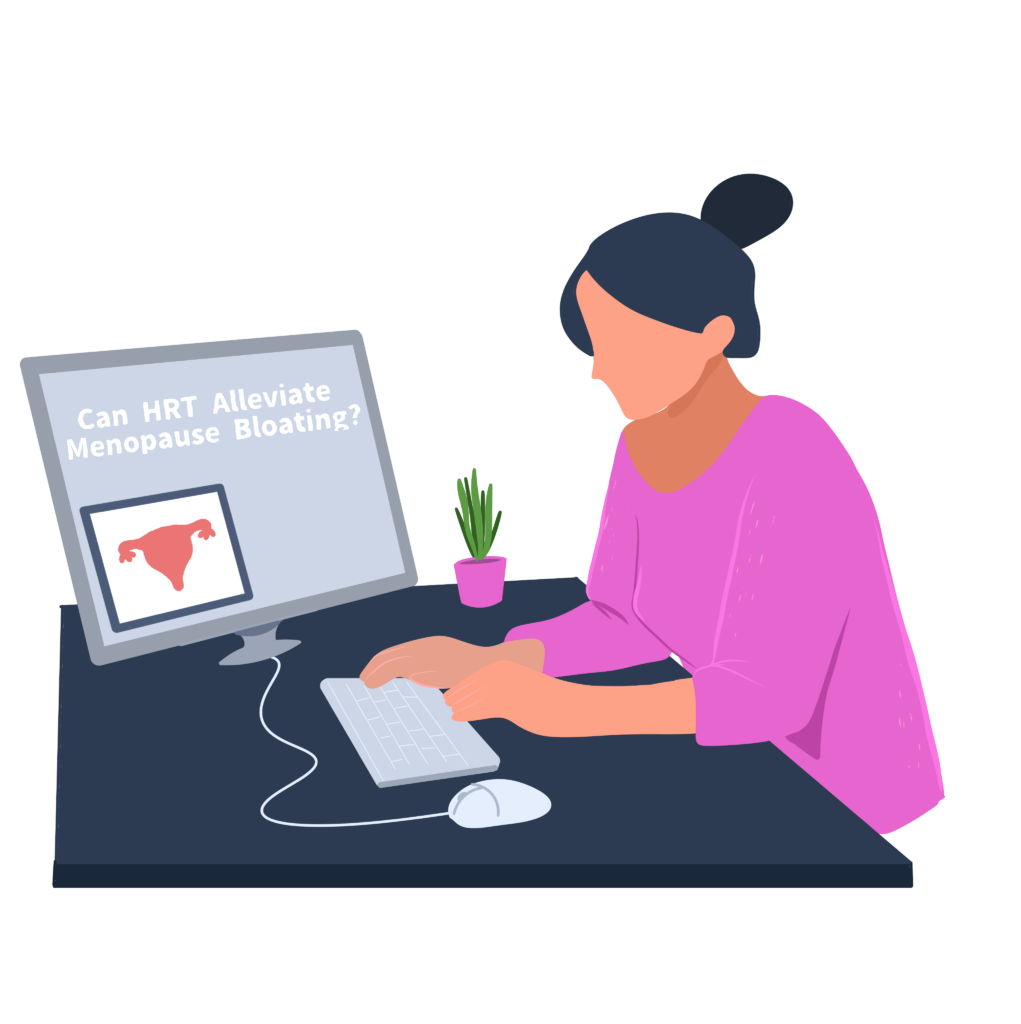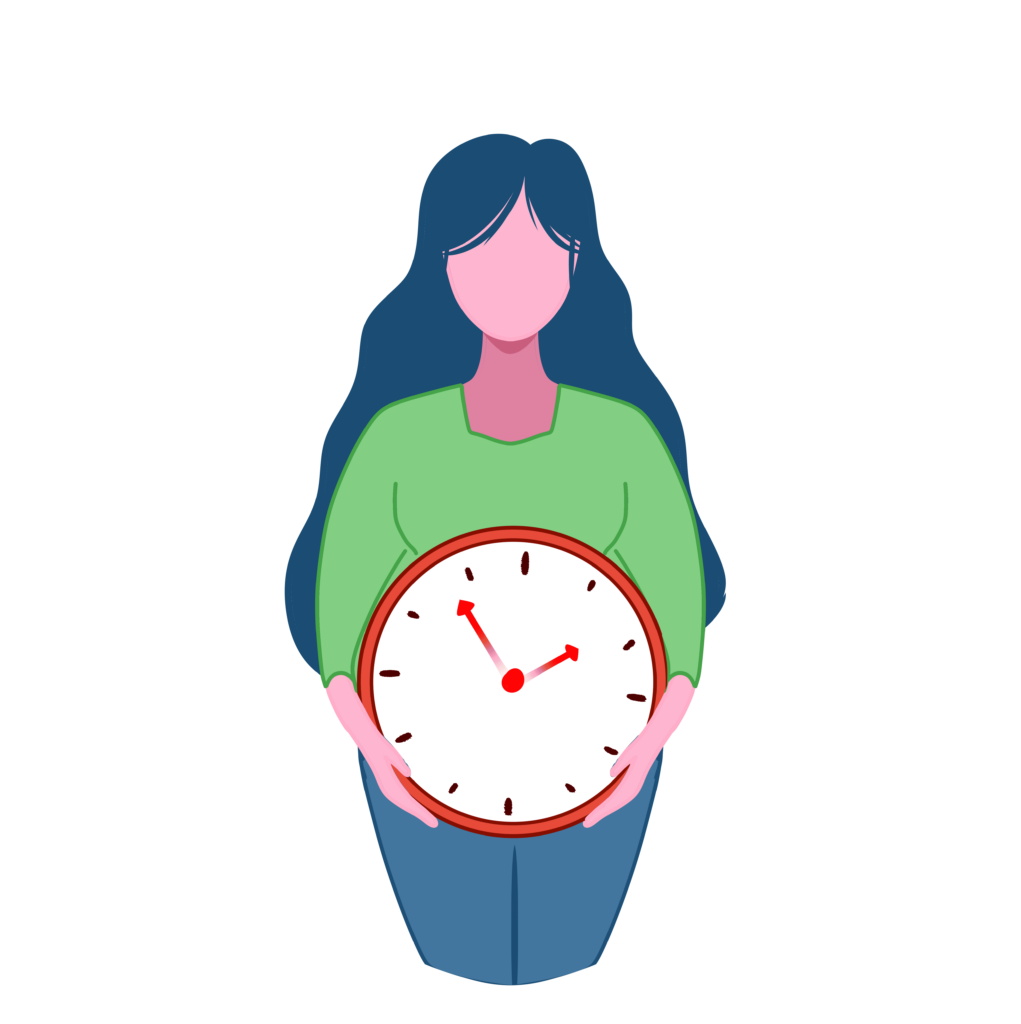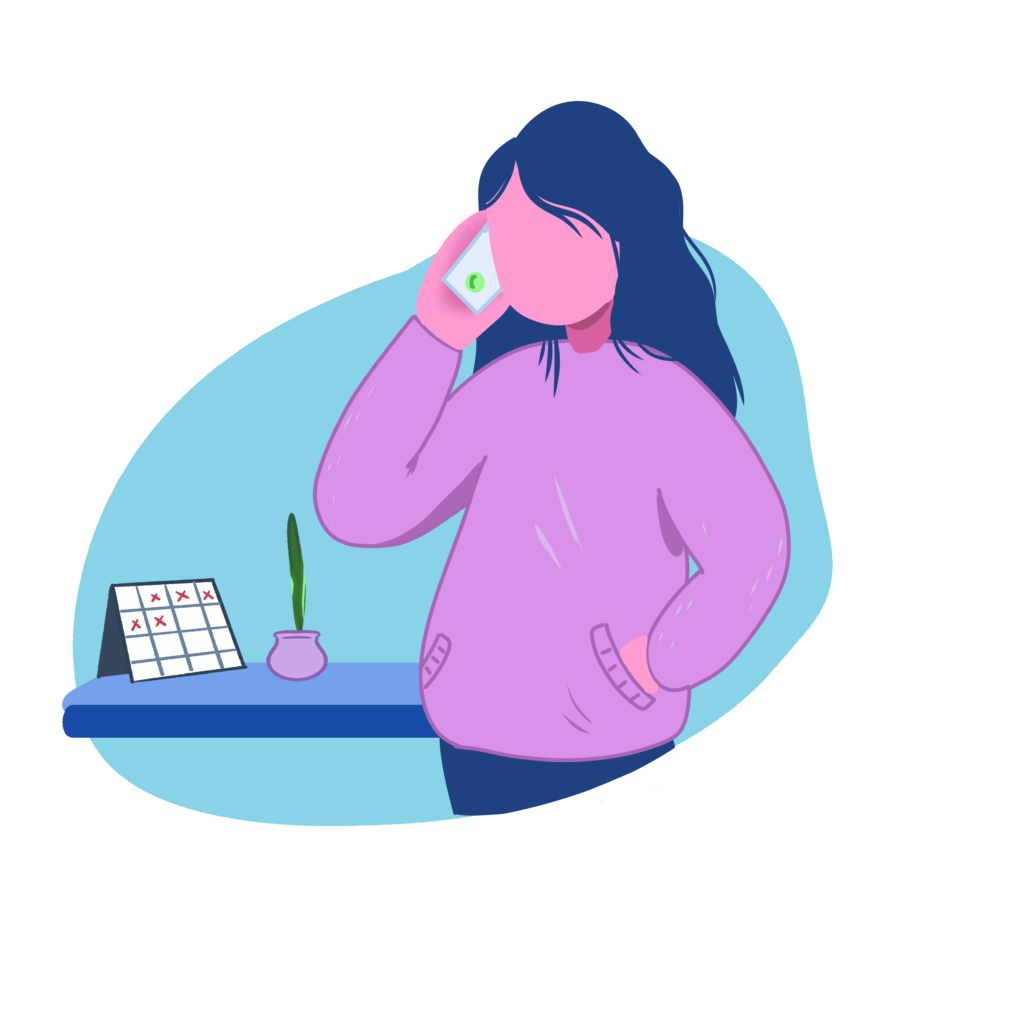Bloating is a common symptom experienced by menopausal women. It often occurs early in perimenopause stages though it varies from women to women, still postmenopausal women have the greater likelihood of experiencing this symptom. Menopause bloating is usually caused by the hormonal fluctuation which is essential in maintaining the health of the digestive system. As oestrogen declines, several digestive issues appear which then causes bloating, nausea, and constipation.
Although HRT is the most popular treatment when it comes to hormonal changes, you must consult your physician first before taking such medication as it also causes bloating which is a known side effect of this therapy. To better understand this menopausal symptom, read through the article to learn more about it.
Is Bloating a Menopause Symptom?
The sensation of bloating is often characterised by an excessive buildup of gas, air, or liquid in the stomach. An individual might encounter sensations of abdominal tightness, pressure, or a feeling of fullness, which may or may be accompanied by a noticeably enlarged belly.
Understanding the connection between menopause and bloating is the first step in addressing this discomfort. To delve deeper into the issue, let’s explore what causes bloating during menopause and discover potential remedies to alleviate this symptom effectively.

What Causes Bloating During Menopause?

Menopause bloating is caused by the decline in oestrogen and progesterone which slows down the process of digesting your food passing through your gastrointestinal (GI) tract, a process called peristalsis. This delayed food digestion could cause bloating, bowel blockage, and nausea.
Oestrogen serves an important role on a lot of biological functions specially on the digestive and gastrointestinal (GI) tract. According to the study conducted by Mathieu Meleine and Julien Matricon, sex hormones such as oestrogen control women’s susceptibility to stress which releases cortisol. Cortisol affects the number of good bacteria in the gut which makes an individual prone to irritable bowel syndrome (IBS) and is what’s causing bloating, stomach cramps, and constipation.
Can HRT Help Alleviate Menopause Bloating?
Based on the research conducted by Affiliated Hospital of Zunyi Medical University of China, postmenopausal women who never took hormonal therapies have lower reflux symptoms such as bloating compared to women who already took or are still undergoing HRT. According to them, there is a direct relationship between the risk of bloating with the increased oestrogen dosage and usage duration.
It is vital to understand that HRT may not be appropriate for every individual given its possible risks and side effects. Please contact the team at OMC so we can help you assess whether HRT is a viable option in treating your condition. To effectively manage menopause bloating, it is essential to take into account a variety of treatment alternatives, including lifestyle changes and alternative therapies.

How To Stop Menopause Bloating?
For many women going through this transitional stage, stopping and effectively managing menopausal bloating is a problem. Lifestyle changes can help to alleviate this discomfort. In this part, we’ll look at numerous ways to stop menopause bloating. Here’s a list of possible actions:

Regular Physical Activity
Improve Your Hydration
Water is an essential component for your body. Bloating is caused by constipation, which is brought on by dehydration. Moreover, even though it might seem contradictory, your body releases the liquid it doesn’t need when it finally receives the hydration it requires. Make an effort to consume at least eight eight-ounce glasses of water per day.
Maintain a Healthy Balanced Diet
Manage bloating with a well-balanced diet. Choose foods which can help reduce inflammation and fluid retention as well as enhance your gut health. Rich in fibre foods helps you reduce constipation and potassium to help your body maintain a healthy level of body fluid. These foods include asparagus, apples, avocado, bananas, cucumbers, and oats. Lastly, avoid eating too many gas-producing foods such as carbonated beverages, beans, and cruciferous vegetables.
Proper Management of Stress and Anxiety
Continuous pressure could worsen menopausal symptoms such as bloating. Stress and anxiety can disrupt digestion’s delicate state of balance. Stress slows digestion in some individuals, producing bloating, discomfort, and constipation, while it speeds up digestion in others, causing diarrhoea and frequent trips to the restroom. To relieve bloating and boost general well-being, try stress-reduction practices such as deep breathing, meditation, or mindfulness.
Consume Smaller Meals
Bloating is frequently caused by overeating. Smaller servings should alleviate the sensation of fullness. Consuming heavy and oily foods can leave you feeling bloated. Fat requires longer time to digest than protein or carbohydrates, it keeps the stomach fuller for a longer period of time.
These practical measures play an important role in decreasing and preventing menopausal bloating. They provide a holistic and natural approach to treating this frequent menopausal ailment. In the following part, we’ll look at how supplements can help with menopause bloating.

What Supplements Can You Take for Menopause Bloating?
Look for organic components in supplements and avoid ones with synthetic substances or fillers. Ginger, peppermint, fennel, and chamomile are some common natural compounds to check for. These substances have been demonstrated to help relieve bloating and soothe the digestive tract.
If you’re looking for over-the-counter, then probiotics are a good choice for supplements to get. According to a systematic review regarding the effects of probiotics on bloating, it was suggested that probiotics can relieve gastrointestinal symptoms as well as prevent diarrhoea caused by antibiotics.
It is essential that you consult with a healthcare physician before beginning any supplement regimen to confirm that they are safe and suited for your unique needs. The severity of bloating in both the perimenopausal and postmenopausal stages will be discussed in the next section, bringing light on the variances and obstacles that women may face.
Severity of Bloating in Perimenopause and Postmenopausal Stages

According to the research from the University of Washington, postmenopausal women had higher chances of experiencing bloating which is 38% compared to perimenopausal women with just 14%. While transition to menopause varies greatly from women to women, their study suggested that postmenopausal women reported higher levels of digestive issues.
In order to properly manage the issues presented by menopausal bloating, it is imperative to comprehend these variations. We’ll look at how long bloating lasts during menopause in the following section to give you some idea of how long this symptom usually lasts.
How Long Does Bloating During Menopause Last?
While it is considered a symptom of menopause, consider taking HRT as an option to stop the occurrence of this digestive tract issue. You must also take note that taking HRT might cause you mild bloating as well. Side effects of HRT might take from 6–8 weeks, a fact established by the NHS.
It is important to remember, however, that menopausal bloating is often a symptom that improves with time and proper management measures. Understanding the probable duration of bloating might provide women peace of mind as they traverse this stage of life.

When Should You Consult a Doctor?

Our clinic specialises in women’s health during menopause and can give comprehensive exams and customised treatment regimens to meet your specific needs. Contact us today to see how we may assist you with your symptoms.
